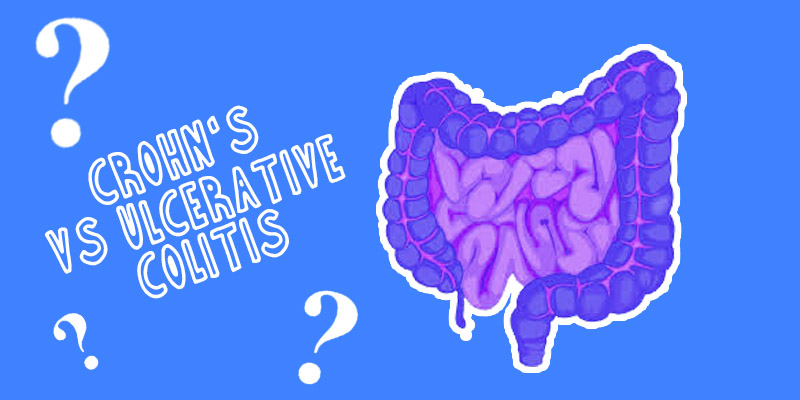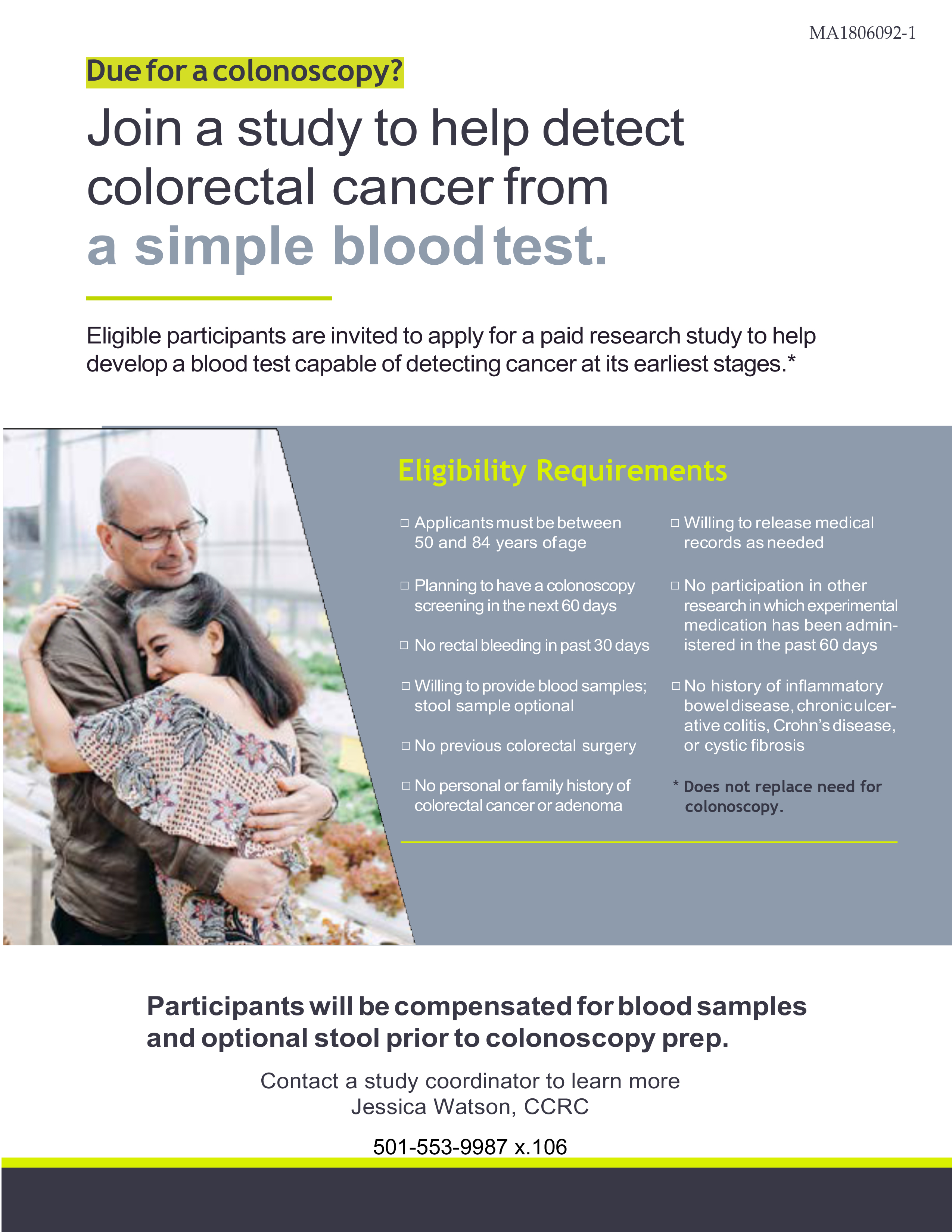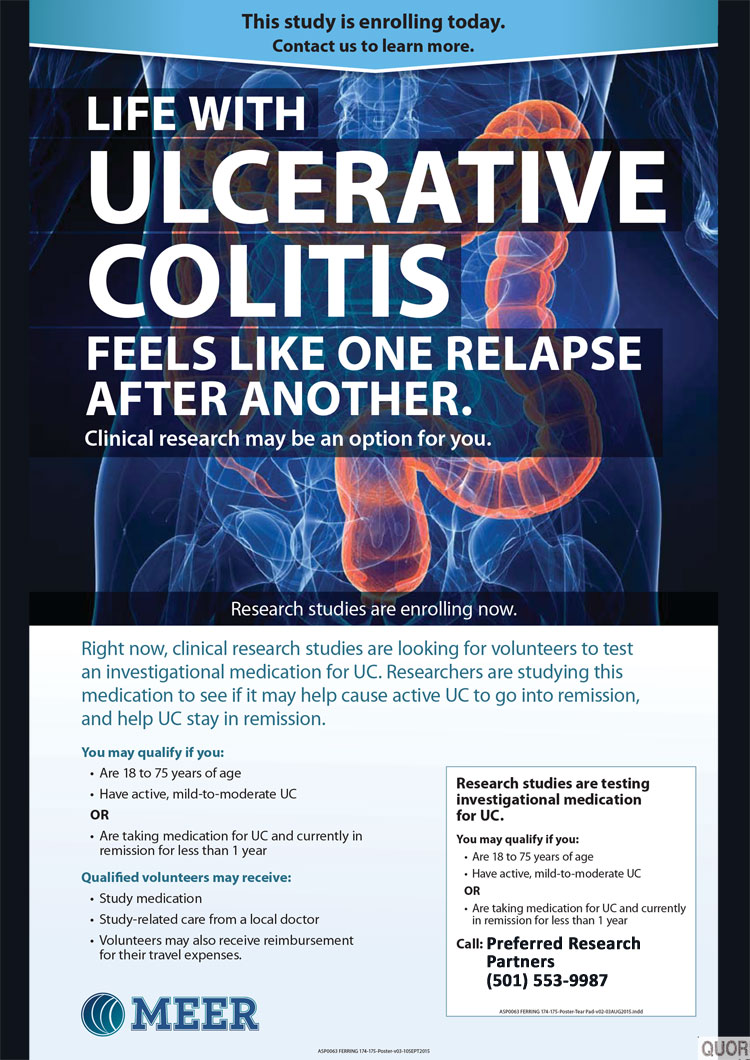Ulcerative colitis (UC) and Crohn’s disease are often lumped together. They’re the two most common forms of inflammatory bowel disease (IBD) and even share a patient advocacy organization, the Crohn’s & Colitis Foundation. Some of the symptoms of the two are so similar that it can be difficult to diagnose which form of IBD the patient has. While UC and Crohn’s have a lot in common, there are some key differences that set them apart.
Both…
- Are chronic diseases that can come and go, alternating between flares where symptoms are exacerbated and remission when symptoms stop completely or ease up.
- Can cause other parts of the body, including the eyes, skin, and joints, to become inflamed.
- Have a lot of overlapping symptoms that can range from mild to severe intensity.
- Have similar demographic impact. UC and Crohn’s both affect men and women equally, affect approximately 700,000 people in the U.S., are most commonly diagnosed in teenagers and young adults.
- Tend to run in families. 20% of people with UC or Crohn’s have a blood relative with IBD.
Key Differences:
- Location of inflammation. Ulcerative colitis inflammation is limited to the large intestine (colon and rectum), while inflammation related to Crohn’s most commonly occurs at the end of the small intestine but can develop anywhere in the GI tract from the mouth to the anus. UC inflammation occurs in the innermost lining of the intestine but Crohn’s disease may extend through the thickness of the bowel wall.
- Pattern. Ulcerative colitis appears in a continuous pattern of inflammation. Crohn’s patients may have healthy areas in between inflamed patches.
- Symptoms. Since Crohn’s can develop anywhere in the GI tract, some symptoms like mouth sores and anal tears, ulcers, and infections only occur with Crohn’s. Also, rectal bleeding, or blood in the stools, is much more common in those who have Ulcerative colitis than those with Crohn’s disease.
Do you or a loved one have ulcerative colitis or Crohn’s disease? Consider learning more about out clinical research volunteer opportunities:











